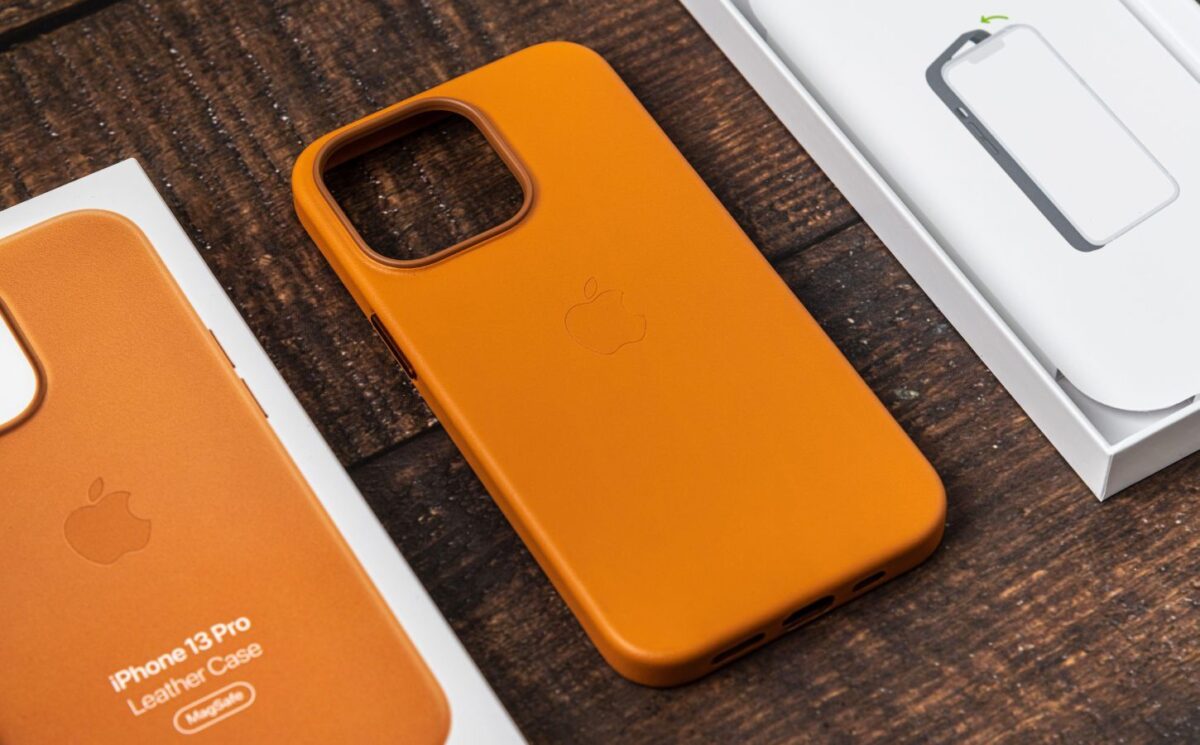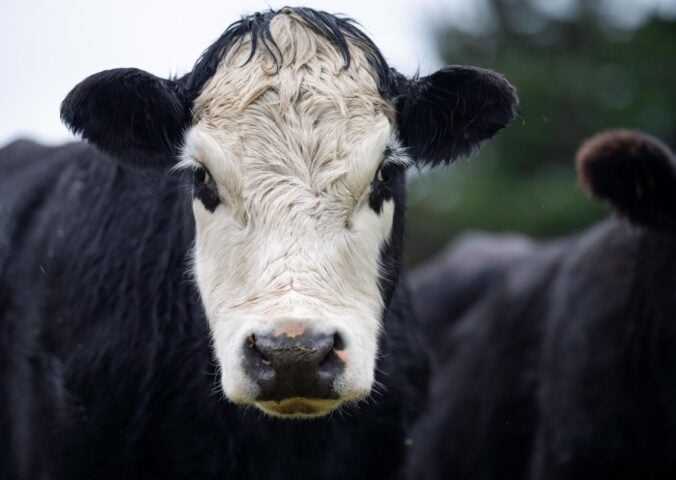At last night’s Apple “Wonderlust” event, the company announced plans to phase out leather in line with sustainability goals.
Apple will offer no new phone cases, wallets, and watch straps containing leather. Instead, it will use alternatives, one of these being a new textile called FineWoven. This material is said to be made from 68 percent recycled post-consumer recycled content, as well as feature a “subtle lustre and a soft, suede-like feel.” For the Apple Watch Sport Loop, Apple will use 82 percent recycled yarn.
The removal of leather is one of a number of efforts from the company to be carbon neutral for its supply chain and products by 2030. The Apple Watch Series 9 is said to be the first carbon neutral product that the company has made.
According to Lisa Jackson, Apple vice president for environment, the company is aiming to “make products customers love and protect the planet at the same time.”
The environmental impact of leather
The term leather refers to the skin or hide of an animal, usually cows, and it’s often marketed as an innocent byproduct of the beef industry.
Leather is a multi-billion dollar industry in its own right, however, which comes from the hugely destructive animal agriculture industry. Some have described leather as a “coproduct” rather than byproduct. Aside from their ethical costs, “cattle farms” are also catastrophic for the environment. Around a third of human-caused methane comes from cows, meaning they are directly contributing to the climate crisis. Another issue is land use. Around 26 percent of the world’s ice free land is used by “livestock,” and much of this is taken up by cows.
Leather production also has its own specific costs. The tanning process involves use of toxic chemicals, which can pollute water sources. The chemicals can also affect the health of workers and people who live nearby the tannery. Production of leather requires a huge amount of water, on top of the water usage it takes to raise the cows in the first place.
Companies embrace leather alternatives
Apple isn’t the only company to distance itself from leather in recent years. In March 2021, Volvo announced that it would be ditching leather from its interiors in its cars over ethical and environmental concerns. In September 2022, it was reported that BMW would be using a vegan leather alternative in some of its models.
The animal-free leather alternative market has skyrocketed in recent years. In 2022, it was valued at USD $39.5 billion, and and it’s been forecast to grow to $74.5 billion by 2030.





